In August, the Forum for American Leadership (FAL) issued a report on the Venezuelan negotiation process hosted by Mexico. We argued: first, that the Maduro regime has used all previous negotiation processes to distract from a real solution; second, that to prevent this, the United States and our allies must impose a cost for failure to meet benchmarks throughout the negotiation process; and third, that the United States must establish and maintain key sources of leverage, including its sectoral sanctions, until the successful conclusion of the negotiation process. Since then, the Maduro regime suspended the negotiations in Mexico in retaliation for the extradition to the United States from Cape Verde of Maduro’s money-man, Alex Saab. Further, Venezuela is making little progress on meeting key benchmarks.
Current Electoral Conditions
One of the key litmus tests of the regime’s willingness to return to a democratic path is the upcoming November 21 regional elections. Less than a month before the supposed “elections,” none of the essential conditions for free, fair, and transparent elections are in place, and the Maduro regime appears on track to leverage this process to tighten its grip on the Venezuelan people.
• There is continuous intimidation and repression: According to the United Nations, the Maduro regime is likely complicit in crimes against humanity, for which there has been zero political or judicial accountability. According to the United Nations Human Rights Council’s September 2021 Fact-Finding Mission report, intimidation and harassment remain key features of the Maduro regime’s social control. The United Nations also reported thousands of extrajudicial killings in 2019 that continue into 2021.
• There is no freedom of speech: Venezuelan authorities use rampant censorship to prevent pro-democracy actors from voicing their views, including state control over the internet. Journalists and their families are key targets for the Venezuelan security forces, even for merely reporting on accurate COVID-19 infection rates. In an environment in which speech is criminalized, there is no opportunity for a transparent and democratic process.
• There is no independent oversight: According to the Venezuelan constitution, the members of the CNE (Venezuela’s electoral council, responsible for ensuring the transparency of all elections) and TSJ (Venezuela’s Supreme Court, which authorizes the results of elections) must be appointed by a vote of the National Assembly. Because of fraudulent legislative elections in December 2020, the legitimate National Assembly was never given an opportunity to confirm the new members of either body. As a result, both have a majority of regime loyalists whose very appointment is itself unconstitutional.
• There are limitations on registering as a candidate: The core political parties had their leadership stacked without their consent. Further prominent politicians including Leopoldo Lopez, Eduardo Saman, Daniel Ceballos, and Juan Guaido are barred from appearing on a ballot, others are barred because they are political prisoners or remain in exile.
• There are restrictive funding processes for localities based on what political party is in charge: The lack of public funding for electoral campaigns means the opposition has to fundraise independently. By contrast, the regime uses state resources to campaign, including vaccines, food, and media access. Even if the regime were to allow an opposition leader to win a few states, the regime appoints a “protectorate” who has authoritative control over the budget and national executive power following elections.
• There are over 260 political prisoners: Venezuelan NGO Foro Penal reported over 264 political prisoners as of August 2021, with additional prisoners, including American hostages known as the “CITGO 6,” being added in the months since. Conditions in prison are so horrendous that multiple prisoners have died, including Raúl Isaías Baduel, a former Chavista general who broke from the party and who had been in prison since 2017. He purportedly died of COVID-19.
• There is no confidence in the electoral observation mission (EOM): International standards for EOMs require at least 6-8 months of lead time to ensure monitors have access they need to accurately confirm electoral legitimacy. The European Union authorized this EOM only two months prior to the municipal elections, undermining all previous precedent. Even worse, The team sent to investigate whether the conditions in Venezuela were sufficient to merit an EOM opposed sending an EOM, believing it would legitimize the Maduro regime; EU High Commissioner Josep Borrell insisted on one contrary to their advice. The EU mission has access to only 3.5% of polling locations, is required to report to the regime prior to site visits, and won’t finalize its full report until months after the election.
Municipal Elections Were Never the Solution
Even if conditions were present for democratic elections on November 21, local and regional elections will have no impact on the freedom of the Venezuelan people, nor on their access to humanitarian aid or the numerous other problems faced by the country today. Such problems require a national, presidential level solution. Municipal elections have accomplished a key Maduro regime objective: to distract the international community and divide the Venezuelan opposition. Instead of fighting for democracy with one national message, opposition leaders have focused on their own campaigns, confusing real opposition with regime loyalists merely disguised as opposition.
What’s Next
A landslide victory for the regime, which is a likely scenario, will further foster internal division among the opposition as they lose momentum, enthusiasm, and unity. This may trigger confusion in the lead up to January 5, 2022, the date when the opposition will need to decide who will lead the interim government when Juan Guaido’s tenure as President of the National Assembly ends.
What to Do
The United States was a key leader in calling attention to the humanitarian and human rights crises in Venezuela under the Trump administration, securing the commitment of over 60 countries to recognize the interim Presidency held by Juan Guaido and engaging in a maximum pressure campaign that crippled key sources of regime income. The Maduro regime, however, circumvented these sanctions by doubling down on generating income from illicit sources, like Venezuelan gold, and now believes the worst is behind it. To successfully shift regime behavior in favor of democracy, the United States needs to once again lead with strength. Actions can include:
• Develop a clear bipartisan consensus to inflict a cost on the Maduro regime for its decision to depart from negotiations and reimprison the CITGO 6: The administration and both Democratic and Republican members of Congress must work together to establish clear penalties for the regime’s cessation of negotiations in Mexico and clear restrictions on when additional measures will be taken in the absence a good faith return to negotiations.
• Establish a clear position on the November 21 elections and January 5 appointment of an interim president and build a common international approach: The United States must work with the opposition to develop a united approach to the January appointment of a new interim government, and rally support within the international community. At the same time, the international community should refuse to acknowledge the results of the municipal elections and issue additional sanctions and asset freezes on those involved in this fraudulent process.
• Preserve existing resources for the Venezuelan opposition: It is critical that the opposition not lose Venezuela’s current assets. This includes financial assets, but also to keep countries recognizing the interim government, rather than the Maduro regime. This is especially true in the OAS, where Cuban and Venezuelan efforts to replace Venezuelan interim government representative Gustavo Tarre have reached a fever-pitch.
• Capitalize on the extradition of Alex Saab: The extradition of Alex Saab from Cape Verde (and the likely extradition of former Chávez-era spymaster Hugo Carvajal) serves as the single most important development in U.S.-Venezuela policy since 2019. It is vital this opportunity to uncover details of the regime’s operations not be squandered, and that the Biden administration not trade Saab for any supposed “guarantees” by the Maduro regime. Further, information gleaned from Saab should be made public as soon as legal proceedings allow.
• Establish counter-measures for the trafficking of Venezuelan gold to cut off Maduro’s financial resources: In addition to U.S. sectoral sanctions, the United States has already supported an initiative by the OECD assessing the origin and impacts of Venezuelan illicit gold mining; the U.S. should continue to advance the recommendations made in the report, including declaring it a “conflict mineral” and allowing it to be subject to significant import/export controls.
• Step up enforcement of oil sector sanctions that many global actors including Iran and China appear to be flaunting.
• Establish a policy that reflects the reality that the Maduro regime is one of the root causes of illegal immigration to the United States: The United States is dealing with an unprecedented crisis at the southern border, with over 1.66 million CBP encounters in the last fiscal year. A less discussed subject is the number of Venezuelan illegal immigrants. From 2020 to 2021, the number of illegal Venezuelan migrant encounters at the southern border rose by 1016%. A single month saw more Venezuelan encounters at the border than the previous 14 years combined.

